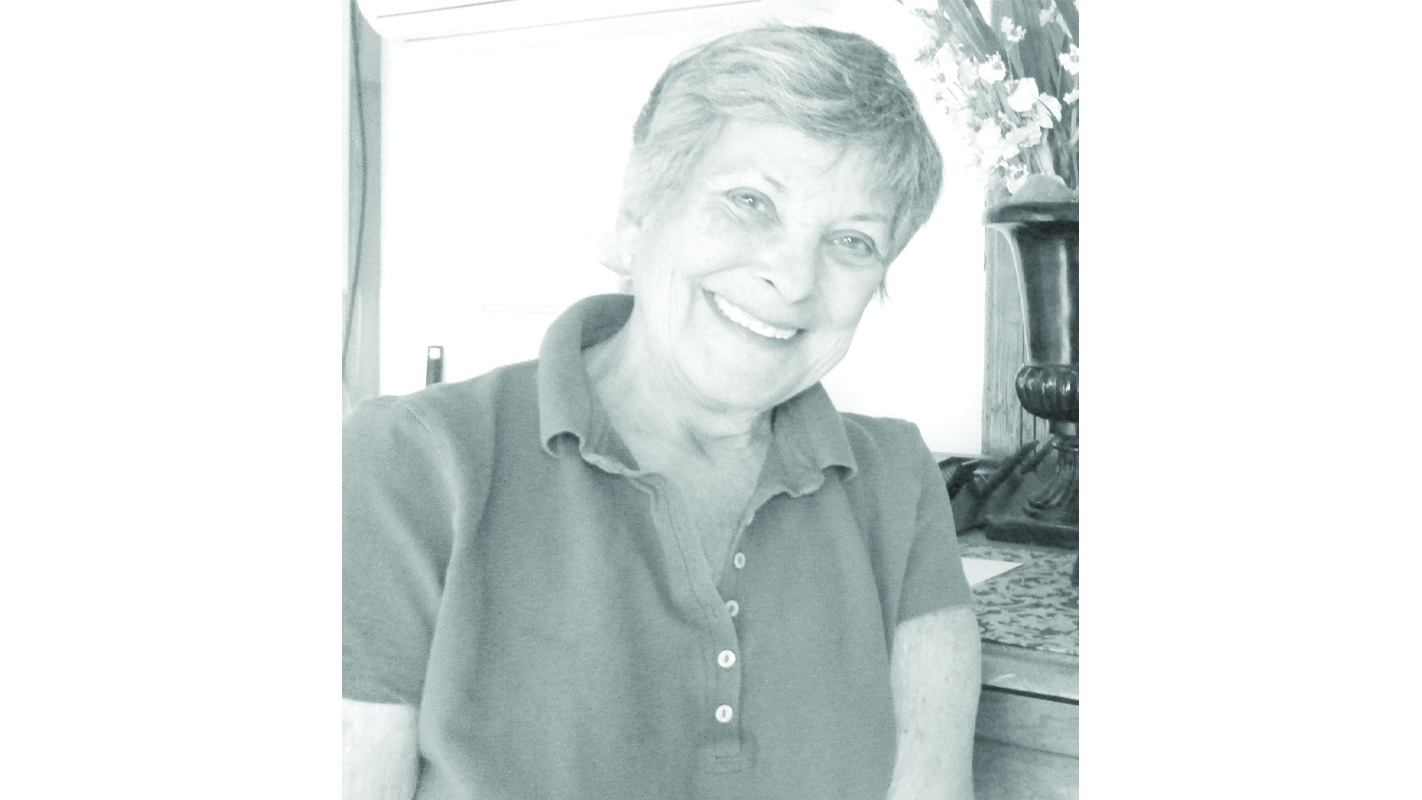By Dian Cohen
Without doubt you’ve noticed changes in your everyday activities, especially when you go out to shop. Aside from the line-ups to get into the store as a result of the physical distancing rules, are there any empty shelves? Items that are back-ordered? Prices that have jumped?
As doctors have discovered, there is now a category of recovered COVID patients who are experiencing symptoms of the illness many weeks or even months after having it. They are called “long-haulers”. The economy has the same symptoms; we owe it to ourselves to develop personal strategies to mitigate additional stress.
COVID is not the cause of economic long-haul symptoms – the pursuit of efficiency is. Developed and perfected in 1970s Japan, just-in-time (JIT) production of goods championed lean and mean methods to meet customer demand exactly — in time, quality and quantity with as little cost as possible. No money tied up in inventories or warehouses or extra employees. The idea sped around the world because it represented the best of management ideas – continuous improvement to winnow out waste of every sort. It marked a radical new approach to the manufacturing process and replaced the old system of having more than one supplier and holding inventory for every possible eventuality – just in case it came about.
But funny things happened on the road to efficiency. The chains became much more complex. For example, Apple has suppliers in 43 countries – just one of the chips that run an IPhone is designed in California, made in Taiwan, tested in the Philippines and then added to Apple products in China. Says Nada Sanders, a supply chain management expert, “The vast majority of global companies don’t fully grasp their risk exposure. Few, if any, have complete knowledge of the locations of all the companies that provide parts to their direct suppliers.”
Compounding the complexity is the problem of capacity, which is how much of something each company in a supply chain can produce. If you were planning a dinner party for two and 200 showed up, how fast could you scale up?
And then there are problems created by the strategy of companies setting up manufacturing facilities overseas in countries like China, Taiwan, and Vietnam in an effort to be nimble and cut costs. When bottlenecks or lockdowns occur anywhere, as they repeatedly have this past year, everything from cars to food to drugs and medical supplies are in short supply.
There you have the origin, the history and the symptoms of our just-in-time world. So, how could businesses deal with it so that the next crisis doesn’t create so much havoc? How can WE deal with it so that mental stress – one unfortunate and unintended consequence – doesn’t become a permanent part of our lives?
My answer, perhaps strangely, perhaps not, is similar for both. Resilience, redundancy and innovation are the key concepts that will make all our lives easier.
Businesses need to seriously consider going from today’s just-in-time mess to the just-in-case model of yore. Yes, it will likely cost more, but could it cost as much as the trillions of lost dollars and billions of lost transactions of 2020-2021? They need to adopt better strategies to manage their supply chain risks — by putting in place more backup suppliers and building up more inventory. They need to have a Plan B – what’s the plan for every supply chain provider in case they cannot perform? And they need to innovate – the downside risk of trying something new is very small when things are AFU. [All Fouled Up {polite form)]. How can the business benefit from e-commerce, new delivery services and/or working from home?
The same concepts work to make my life better – and maybe yours too. Resilience means simplicity – review your lifestyle – what do you really want? need? And when? What are your Plan B’s for goals that may not work out? What could you try that will turn the trek to the store or to work or staying home or cooking or whatever into a joyful activity?
Nobel Prize winner Paul Romer said it first: “A crisis is a terrible thing to waste”. These are some suggestions to make it a more positive experience.
Dian Cohen is an economist and a founding organizer of the Massawippi Valley Health Centre.
Cohendian560@gmail.com






